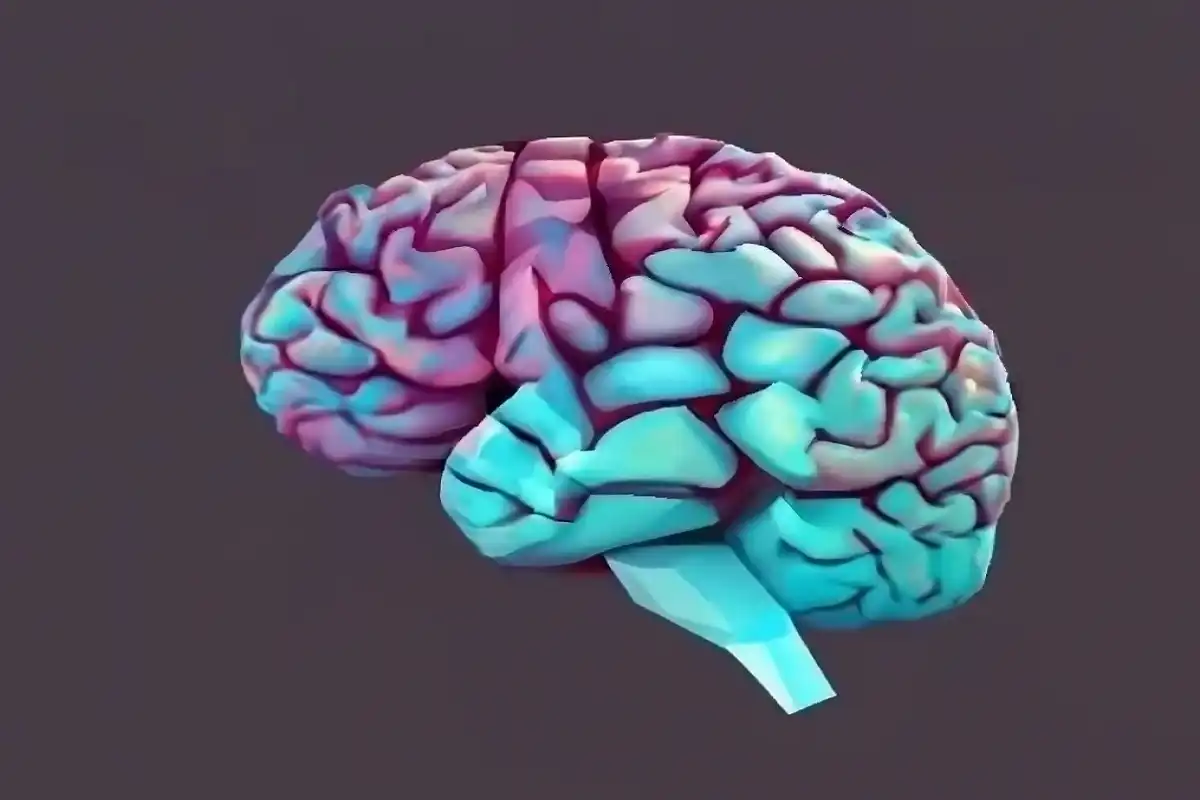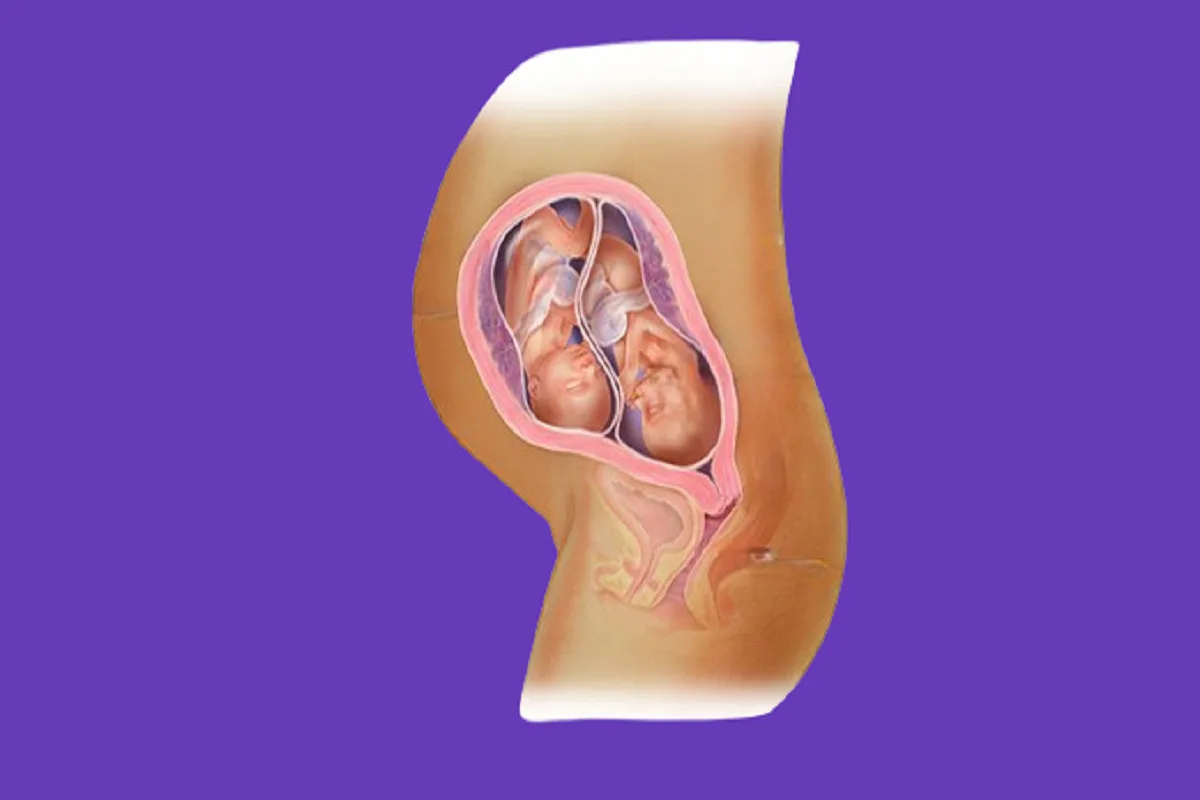- Inadequate calorie deficit: Weight loss occurs when you consume fewer calories than your body needs, creating a calorie deficit. If you’re not losing weight, it’s possible that you’re not in a sufficient calorie deficit. It’s important to accurately track your food intake and ensure that you’re consuming fewer calories than you expend.
- Lack of physical activity: Regular exercise is crucial for weight loss. If you’re not seeing results, it could be due to insufficient physical activity. Aim for a combination of cardiovascular exercise and strength training to maximize your weight loss efforts.
- Poor dietary choices: Even if you’re consuming fewer calories, the quality of your diet matters. Highly processed foods, sugary snacks, and excessive amounts of unhealthy fats can hinder weight loss. Focus on eating whole, nutrient-dense foods such as fruits, vegetables, lean proteins, and whole grains.
- Inconsistent meal timing: Irregular meal timing and skipping meals can disrupt your metabolism and lead to overeating later in the day. Aim for regular, balanced meals throughout the day to support healthy metabolism and appetite control.
- Inadequate sleep: Lack of sleep can negatively impact weight loss efforts by affecting hunger hormones and energy levels. Aim for 7-9 hours of quality sleep each night to support your weight loss goals.
- High stress levels: Chronic stress can lead to overeating and make it difficult to lose weight. Practice stress-reducing activities such as meditation, yoga, or deep breathing exercises to support your weight loss journey.
- Medical conditions or medications: Certain medical conditions and medications can affect your body’s ability to lose weight. If you suspect this may be the case, consult with a healthcare professional for personalized guidance.
- Inadequate hydration: Dehydration can sometimes be mistaken for hunger, leading to overeating. Ensure that you’re staying adequately hydrated by drinking plenty of water throughout the day.
- Unrealistic expectations: Weight loss takes time, and it’s important to set realistic goals. Rapid weight loss is often unsustainable and can lead to muscle loss and other health issues. Focus on making gradual, sustainable changes for long-term success.
- Underestimating calorie intake: It’s easy to underestimate the number of calories you consume, especially when it comes to portion sizes and snacking. Use a food diary or a tracking app to monitor your intake accurately.
By addressing these potential barriers to weight loss, you can make positive changes to support your journey towards a healthier lifestyle. Remember that sustainable weight loss is a gradual process that requires patience and consistency. If you’re struggling to lose weight, consider seeking guidance from a registered dietitian or healthcare professional for personalized support.































